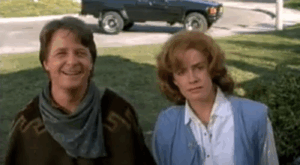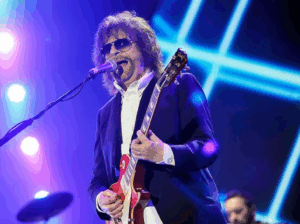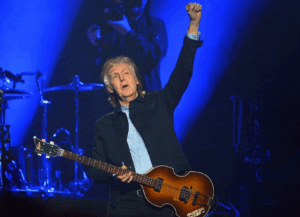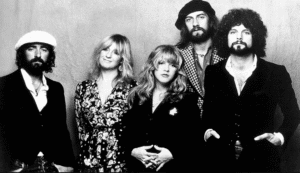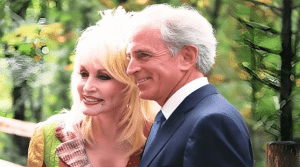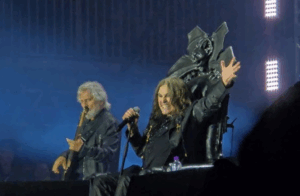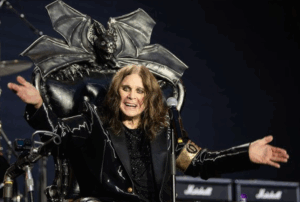The Story Of Dio’s Last Black Sabbath Show
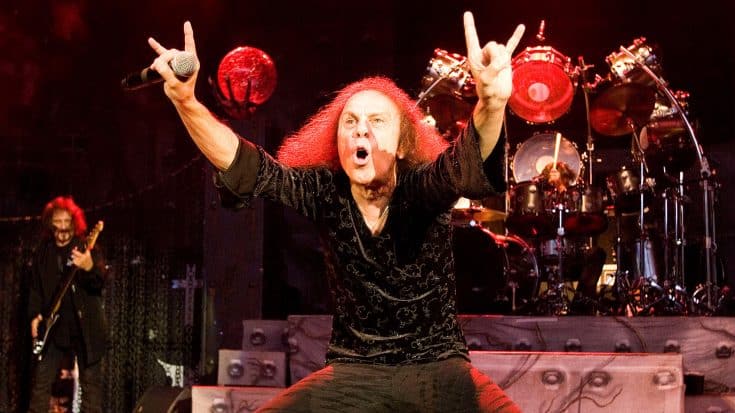
ROCHESTER, MI - AUGUST 21: Ronnie James Dio of Heaven and Hell performs at the Meadow Brook Amphitheatre on August 21, 2009 in Rochester Hills, Michigan. (Photo by Scott Legato/FilmMagic)
It was indeed the late and legendary Ronnie James Dio, who saved Black Sabbath away from the possibility of self-destruction when he replaced the ousted Ozzy Osbourne in 1979.
Black Sabbath started to show signs by the end of the ’70s after their last two albums. Eventually, the band has come to an end. Not because of guitarist Tony Iommi, bassist Geezer Butler and drummer Bill Ward had much capacity to care. Reportedly, they were consumed by addiction, depression and other personal issues.
However, the end of their career was merely because their singer is gone and their commercial prospects decimated. Thus, Black Sabbath seemed wholly unfit to weather the next decade. Then there’s Dio, who was coming off a successful but short-lived and fraught stint in Ritchie Blackmore’s Rainbow, which produced a stone-cold metal classic in 1976’s Rising.
Dio and Iommi met in 1979 at the Rainbow Bar and Grill in Los Angeles, appropriately enough. A jam session quickly followed and birthed the epic “Children of the Sea,” which appeared on 1980’s Heaven and Hell, the first full-length effort from the revitalized Black Sabbath Mark II.
Suddenly Dio had a new job, and Black Sabbath had a new lease on life. After three years and two albums, the cracks in Black Sabbath’s world-conquering veneer once again began to show. Friction arose between Iommi and Dio, the band’s two creative minds.
At first, they delighted in their new bandmate’s musical input and consummate workaholism, which is actually contrary to Osbourne’s drugged-out layabout behavior. But soon after, they started resenting Dio for what they perceived as his efforts to usurp them as Black Sabbath’s de facto leaders.
Dio, meanwhile, found himself increasingly alienated from Iommi, who grew more reclusive and disagreeable as his cocaine habit swelled. Eventually, the accusations and dysfunction became too much to bear. Dio said in an interview:
“Something had come to a head and it was the whole avoiding confrontation thing, which Geezer and Tony specialize in.
“Eventually Geezer phones me and says, ‘I don’t think this is working out. We really want Tony to produce the album on his own.’ Now I know this kind of cryptic talk, so I say, ‘So if you don’t want me involved with this album, are you saying it’s over then?’ And Geezer says, ‘Well, er … yeah, I suppose so.’ They could never just tell you straight. It was all a device to force me out.”
Sadly, the band members failed to overcome their offstage differences. Dio quit Black Sabbath in late 1982. Black Sabbath, meanwhile, would welcome a revolving group of singers throughout the rest of the decade until they reached their “diminishing returns.”
Decades after the feud has ended and both parties have reconciled. It was a heartening reconciliation for a band in which Dio always took great pride. He told that he was “filled with both optimism for my new band and sadness for what had just happened” upon his first exit from Black Sabbath. He also said:
“I wasn’t happy with the way everything ended, but I could feel proud of what I had achieved. … I gave as much to Sabbath as Sabbath gave to me, probably more so.”






